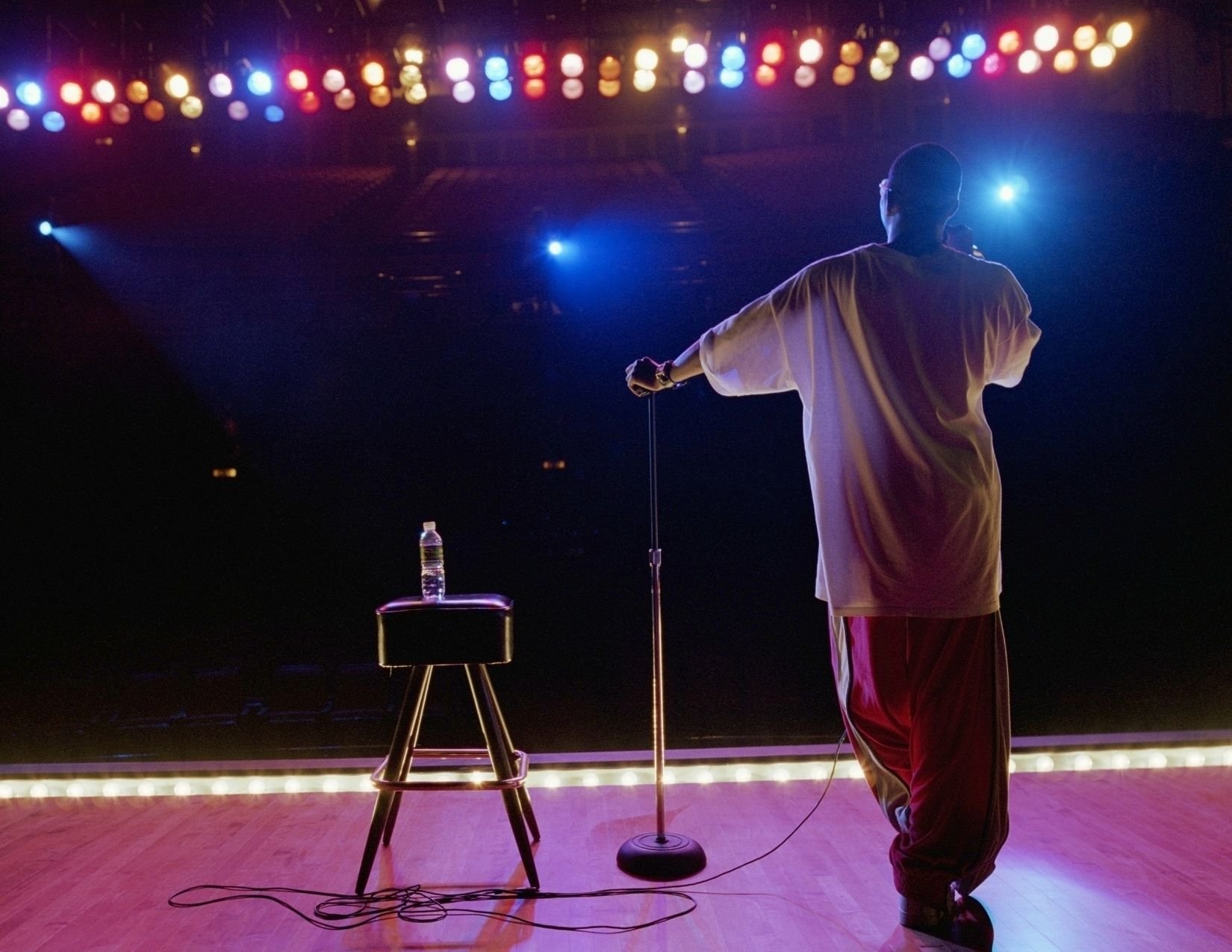I was watching a comedy special from James Acaster, one of my favorite comedians. His absurdist British humor is just the right mix of silly and thoughtful that I love to watch and relax to after a long day. Anyway, I was watching his Netflix special, James Acaster: Repertoire, and one of his jokes sparked a thought for me. To paraphrase the setup for the joke, Acaster says he was at a party where he was doing his best to start up a conversation:
“A lot of people tell you when you’re schmoozing to have a good icebreaker, but what they won’t tell you, yeah, is at the end of the conversation, unbreak the ice. You don’t want everyone else in, taking advantage of all the lovely little ice cubes that you created, so freeze it over again before you leave, so as you’re leaving just slide something under the fence like ‘death comes to us all’ or something like that.”
I love a little awkwardness as much as (more than, perhaps?) the next person. But what caught my attention is the deep truth in the line: “death comes to us all.”
Death isn’t something most of us like to think about. We all have so many hopes and dreams that we hope to realize one day, but whether we think about it or not, we’ve got a finite time on this planet to accomplish our goals. Someday we will look at our “To Do” list and have to accept that not everything will be crossed off in the end.
And it’s even starker than this as Oliver Burkeman writes in his delightful book, Four Thousand Weeks: Time Management for Mortals. Our to-do lists tend to push us to focus on the minutiae in our lives. Paying bills, sending emails, making reservations. We get a bit of a dopamine hit when we complete those. But, those tasks often generate more work for us. When I reply to an email, I’m more likely to get an email back that I — again — have to reply to. Being good at plowing through my to-do list paradoxically increases the length of my list.
This can either become a debilitating thought that stifles our creativity, or it can be a powerful motivator for change and growth.
In some Buddhist traditions, monks spend the first moments of their day meditating on the inevitability of change and death in order to understand the importance of living in the moment every day.
I don’t do that, but I do take some time to reflect each week on what my most important work is. That’s been a game-changer for me, not just because it helps me prioritize, but also because it helps me work through the fear that procrastination is often a cover for. After all, my most important tasks are, almost by definition, high stakes.
So I’ll go on with an inbox that’s a bit overgrown (sorry for not responding yet, Jack and James — I really appreciate both of you!) but rest in the knowledge that I’m doing hard, ambitious, and risky things, like the Leading Change group that just started today.
Time is short, and none of our days are guaranteed, but that makes the time we have precious. Life is a limited-time offer, so act now!
How do you deal with impermanence? Does it depress you? Motivate you? Do you think about it at all? Email me at [email protected] and let me know.
* * *
Want to get these articles in your inbox? Subscribe here to join the conversation and download a sample from Meltdown.

